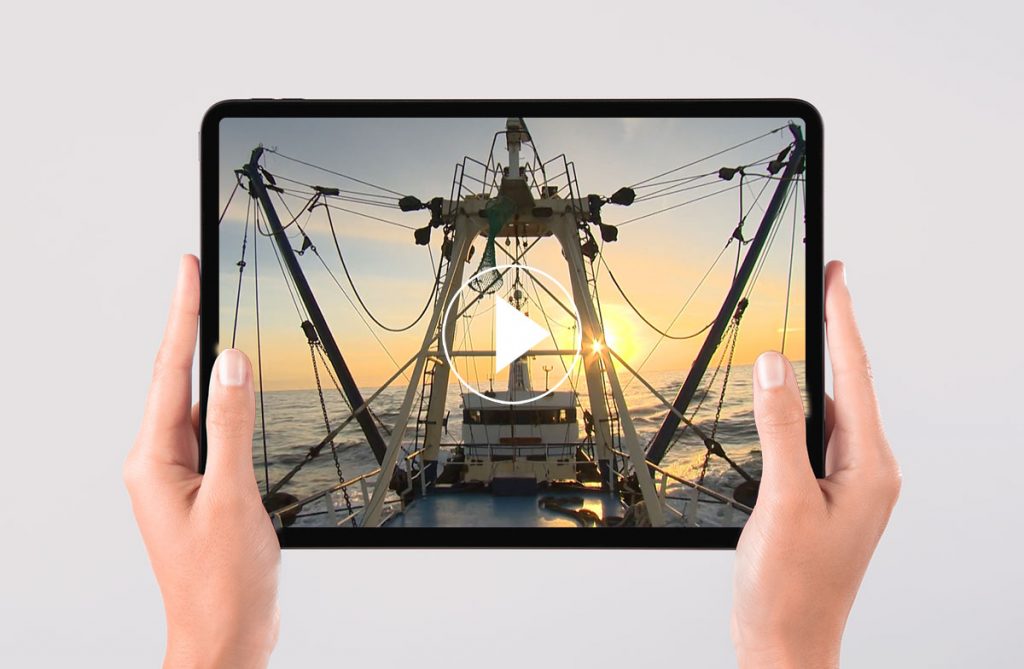
Developing mechanisms to support the planning and execution of administrative tasks and the branding and online visibility of the Regional Coordination Groups (RCGs), with the aim to establish a long-term supportive structure (SECWEB)
Objectives
- Develop a framework and setup a secretariat in support of fluent administrative procedures of the RCGs and establish a long-term script, including a suitable financial scenario for that;
- Promote good practices in communication within and among the RCGs and engaging with all the stakeholders and the general public;
- Develop and setup a website linked with existing (relevant) websites and SharePoint, and to improve the overall capacity to reach out to a wider audience about past and present RCG work and outcomes;
- Identify tools to increase the visibility of the work and outputs of the RCGs;
Workplan Structure
As a case study, a secretariat will be set up within this project with the aim to learn from a real case how a permanent administrative support structure can contribute to facilitate the work of the RCGs and to make it more visible for all the stakeholders.
To improve the overall outreach and to reach a wider audience for past and future RCG work and their outcomes, by having a long term website dedicated to the RCGs.
To have a business plan for the longterm strategy and a short-term operational plan for the RCG’s support structure (for 3 years beyond the SECWEB).
To promote visibility and engagement towards the RCGs and ISSGs participants and all the other stakeholders through the implementation of a coordinated Dissemination and Communication Plan.
Partners
Eigen Vermogen van het Instituut voor Landbouw- en visserijonderzoek (BELGIUM)
Centro Tecnológico del Mar, Fundación CETMAR. (SPAIN)
Executive Agency for Fisheries and Aquaculture. (BULGARIA)
Materials
Funding & Duration
Budget 245.252€ . Eu fund 193.152€
MARE 2020-08



